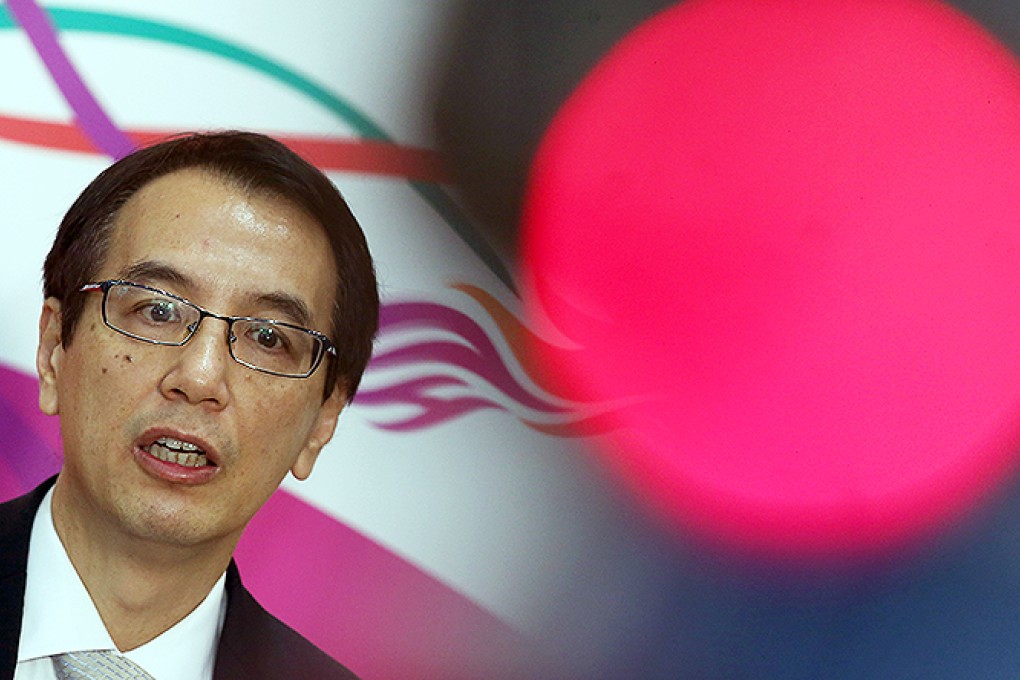Raising the retirement age can work for the whole of Hong Kong
Paul Yip says it provides a window to tackle challenges of labour shortages and an ageing HK

In an effort to respond effectively to Hong Kong's ageing population and the problems brought about by a shortage of labour, the government is proposing to raise the retirement age for new civil service recruits to 65, from 60. Members of the disciplined services would retire at 57, instead of the current 55, but they could continue to work to 60 if they pass annual assessments and physical tests. Meanwhile, existing civil servants could continue up to the age of 65, subject to approval from their department heads.
After 2000, the government stopped recruitment of civil servants on pensionable terms, and now faces the prospect of an increasing number of retirements up to 2023.
With this in mind, raising the retirement age would help reduce the acute shock and ensure the government's team of civil servants is able to carry out its duties effectively.
The proposal to extend the retirement age of civil servants would also have an impact on the more than 300,000 employees in government-funded welfare, educational and medical institutions. The private sector would be expected to follow suit, too.
Some people are concerned about the effect of raising the retirement age on Hong Kong's existing workforce.
However, with an unemployment rate of just 3 per cent, the impact on employment opportunities would be minimal.
In fact, employment rates for people aged over 50 have been rising here in the past decade. But Hong Kong's employment rate for those aged 60 to 64 stands at 37.7 per cent, much lower than that of our neighbours such as Japan (60.5 per cent), Singapore (58.1 per cent) and South Korea (57.8 per cent), which also face the problem of ageing populations.